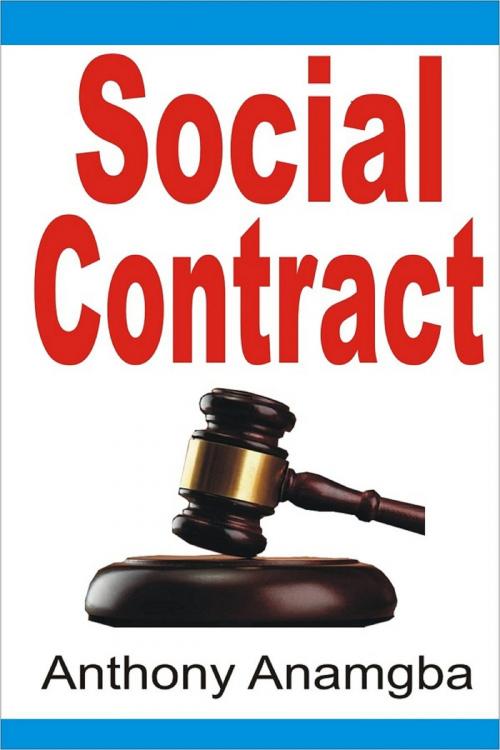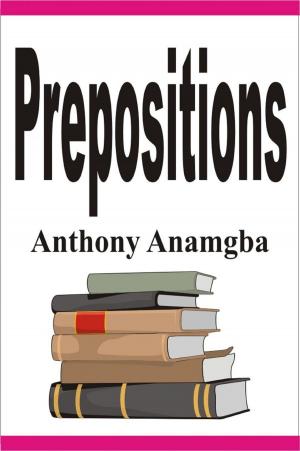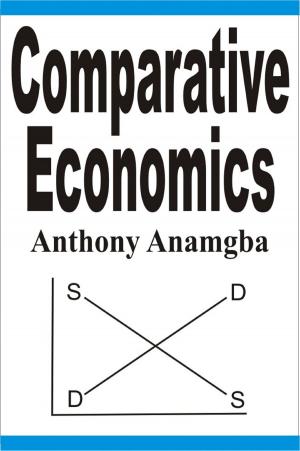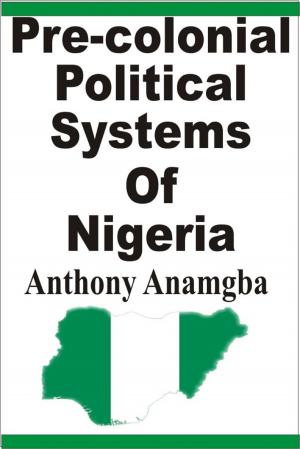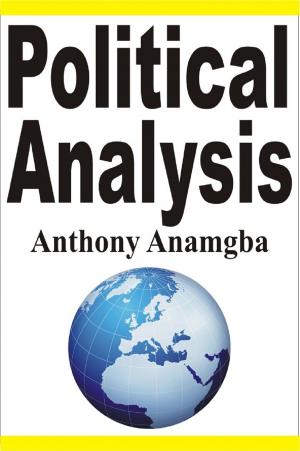| Author: | Anthony Anamgba | ISBN: | 9781370418176 |
| Publisher: | Anthony Anamgba | Publication: | June 6, 2017 |
| Imprint: | Smashwords Edition | Language: | English |
| Author: | Anthony Anamgba |
| ISBN: | 9781370418176 |
| Publisher: | Anthony Anamgba |
| Publication: | June 6, 2017 |
| Imprint: | Smashwords Edition |
| Language: | English |
Social contract is a pact specifying the terms of agreement upon which the people are prepared to leave the state of nature and enter civil society.
Social contract refers to an agreement among the people outlining the implications of entering civil society including the gains and losses of such political act.
It is in this lucid manner that this book will teach you social contract.
Hobbes’ view differs from Locke’s, and both Hobbes’ and Locke’s views differ significantly from Rousseau’s. The three exponents of social contract have different views on the state of nature and the terms of and the parties to the contract.
On the nature of man and on the state of nature, Hobbes believes that man is selfish and quarrelsome; Locke opines that man is a rational animal, has faith in logic, intelligence and peace; Rousseau posits that man is a divine savage, gentle and benign.
On the natural rights and on the causes of the ending of the state of nature, Hobbes believes that man has a right to life or self defence; Locke provides the right to life, property and freedom; and Rousseau contends that men are equal and enjoy great freedom.
On the nature of contract and on the party to the contract, Hobbes and Rousseau offer a single contract while Locke posits that there exist two contracts, viz. social and political.
On the sovereignty, Hobbes stresses that the sovereign is the ruler who is an absolute monarch or king; Locke emphasizes that the sovereign is the ruler, a monarch who has limited power; and Rousseau argues that the sovereign is the general will.
Social contract is a pact specifying the terms of agreement upon which the people are prepared to leave the state of nature and enter civil society.
Social contract refers to an agreement among the people outlining the implications of entering civil society including the gains and losses of such political act.
It is in this lucid manner that this book will teach you social contract.
Hobbes’ view differs from Locke’s, and both Hobbes’ and Locke’s views differ significantly from Rousseau’s. The three exponents of social contract have different views on the state of nature and the terms of and the parties to the contract.
On the nature of man and on the state of nature, Hobbes believes that man is selfish and quarrelsome; Locke opines that man is a rational animal, has faith in logic, intelligence and peace; Rousseau posits that man is a divine savage, gentle and benign.
On the natural rights and on the causes of the ending of the state of nature, Hobbes believes that man has a right to life or self defence; Locke provides the right to life, property and freedom; and Rousseau contends that men are equal and enjoy great freedom.
On the nature of contract and on the party to the contract, Hobbes and Rousseau offer a single contract while Locke posits that there exist two contracts, viz. social and political.
On the sovereignty, Hobbes stresses that the sovereign is the ruler who is an absolute monarch or king; Locke emphasizes that the sovereign is the ruler, a monarch who has limited power; and Rousseau argues that the sovereign is the general will.
